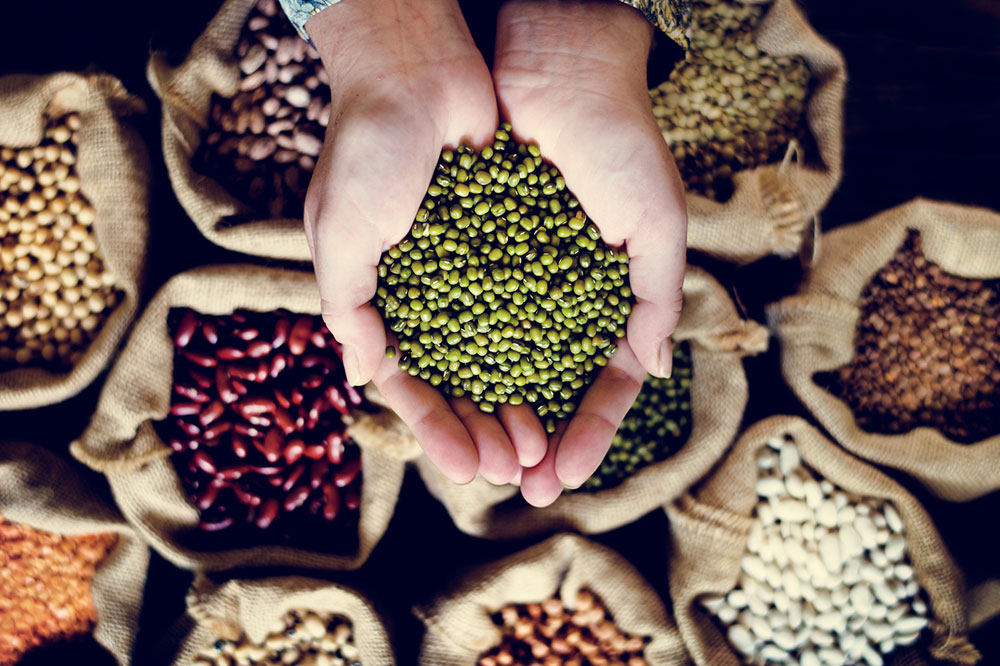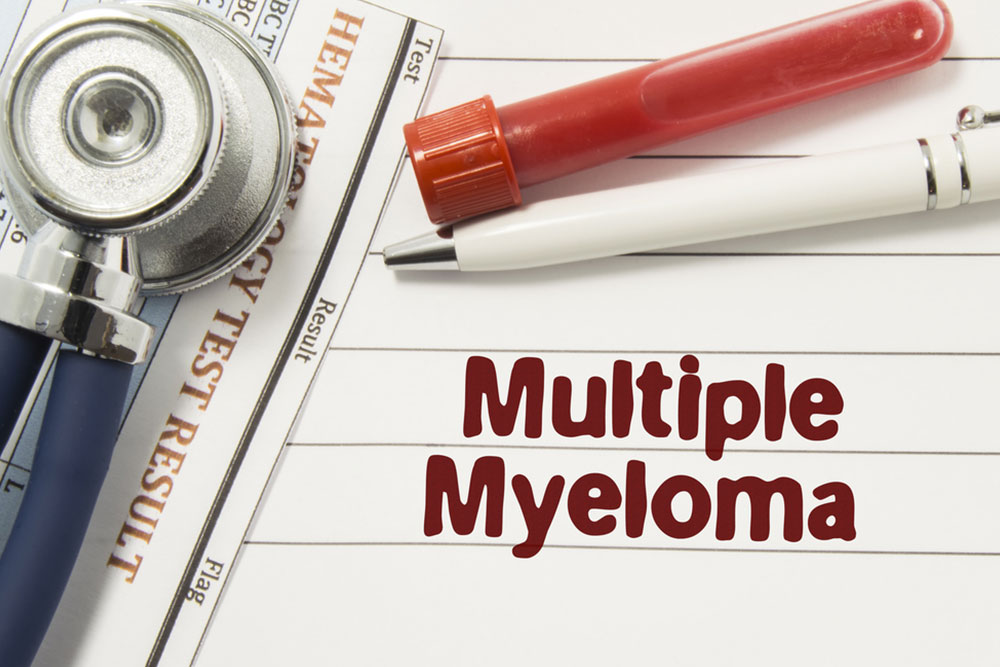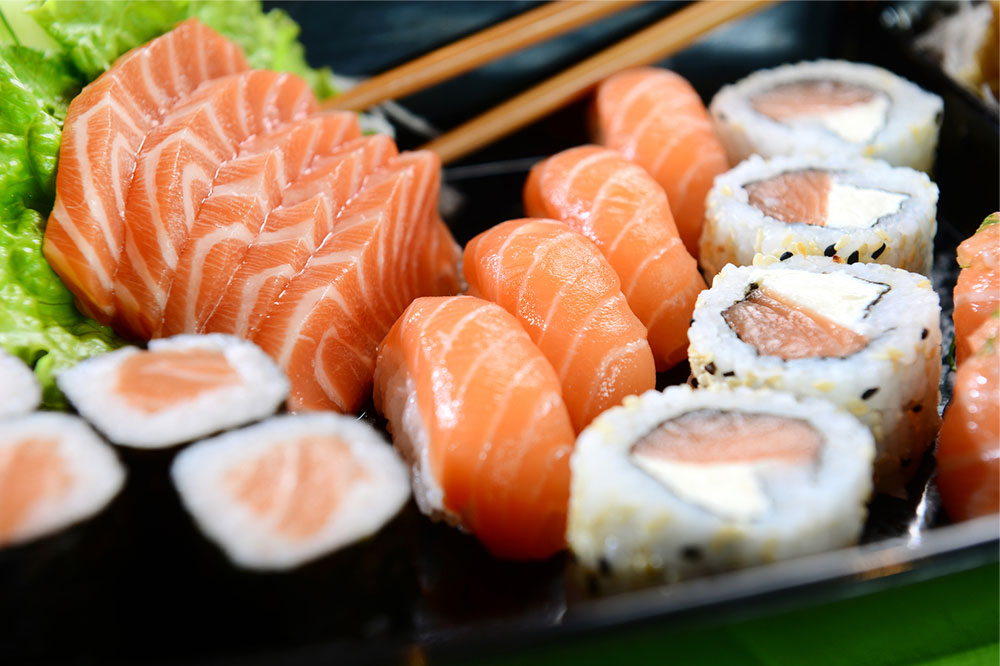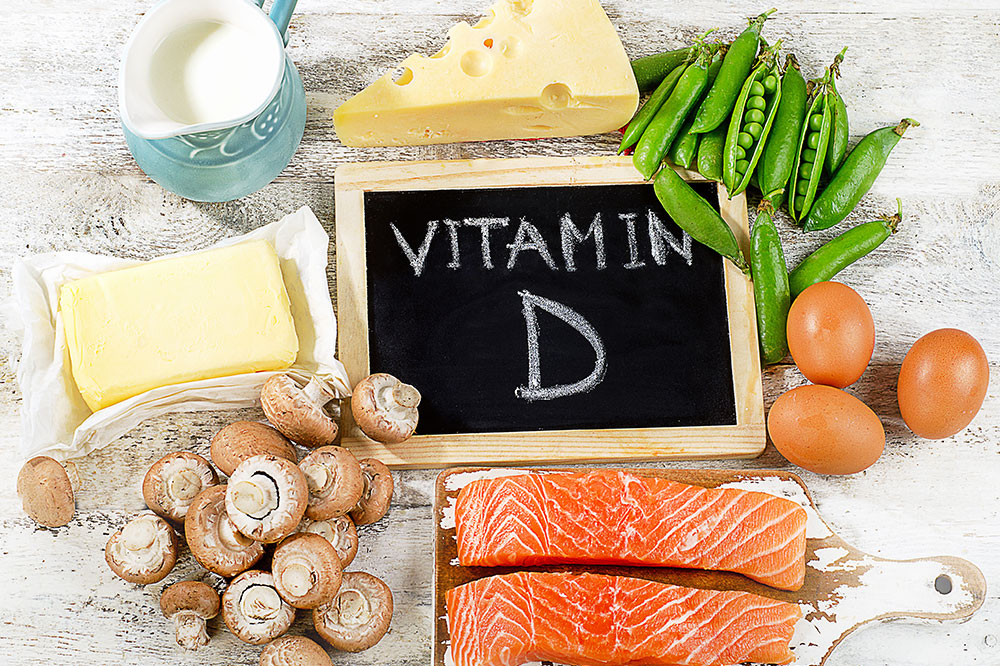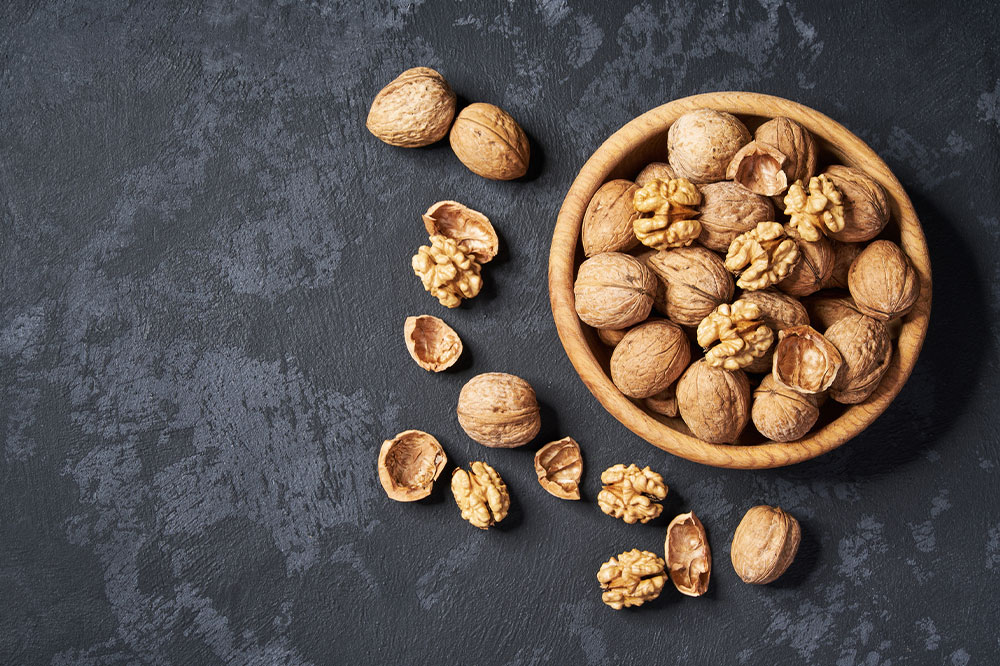Nutrition Strategies for Managing Symptoms of Chronic Myeloid Leukemia
This article offers practical dietary advice for managing symptoms of chronic myeloid leukemia. It highlights the importance of eating vegetables, fruits, and stomach-soothing foods, while avoiding raw foods and certain cheeses to support health during treatment. Proper nutrition can help improve immune function and reduce side effects associated with therapies. Follow these guidelines to enhance your overall well-being and complement your medical treatment plan.
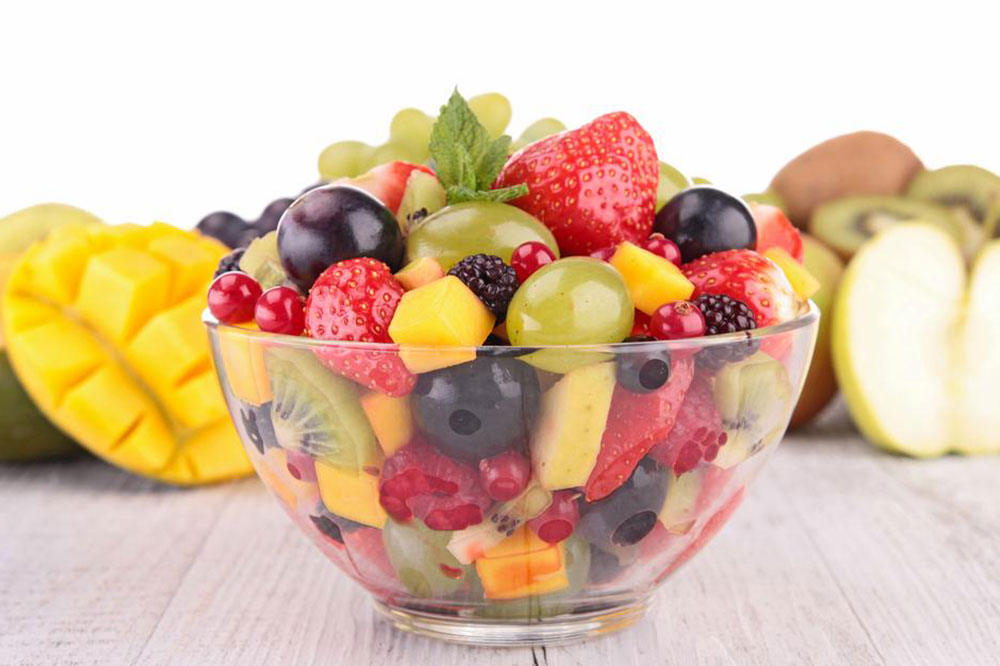
Nutrition Strategies for Managing Symptoms of Chronic Myeloid Leukemia
Chronic myeloid leukemia (CML) is a rare blood cancer originating in the bone marrow, primarily affecting older adults. It results from spontaneous genetic mutations in chromosomes. Standard treatments include chemotherapy, targeted drugs, stem cell transplants, and biological therapies. In addition to medical approaches, diet plays a vital role in symptom management. Here are key dietary tips for individuals with CML to support their health and improve quality of life.
Consume abundant vegetables
Incorporate steamed or stir-fried vegetables like carrots, broccoli, mushrooms, and peppers to obtain vital nutrients. Soups made from leafy greens such as kale, spinach, collard greens, and mustard greens are also beneficial. Opt for low-sodium vegetable juices to further enhance your diet.
Increase fruit intake
Aim for five to ten servings of fresh fruits daily. Fruits are rich in essential vitamins, minerals, phytochemicals, and antioxidants that combat cancer cells. Add fruits to salads, cereals, yogurts, smoothies, and desserts to meet your daily nutritional requirements.
Eat stomach-friendly foods
Chemotherapy, a common treatment, can cause nausea and digestive discomfort. To soothe your stomach, choose bland, cooling foods like crackers, ginger ale, chamomile tea, popsicles, and clear broths. Avoid spicy foods and caffeine during this time.
Avoid raw or undercooked foods
Since treatments can lower neutrophil counts, steering clear of raw vegetables, fruits (except those with thick skins like bananas and oranges), raw meats, fish, eggs, and salads from deli counters is crucial to prevent infections.
Steer clear of certain cheeses
Soft cheeses, especially blue-veined or mold-ripened varieties such as Brie, Roquefort, Gorgonzola, Stilton, and Camembert, can negatively impact neutrophil levels. It is best to exclude these from your diet during treatment.

